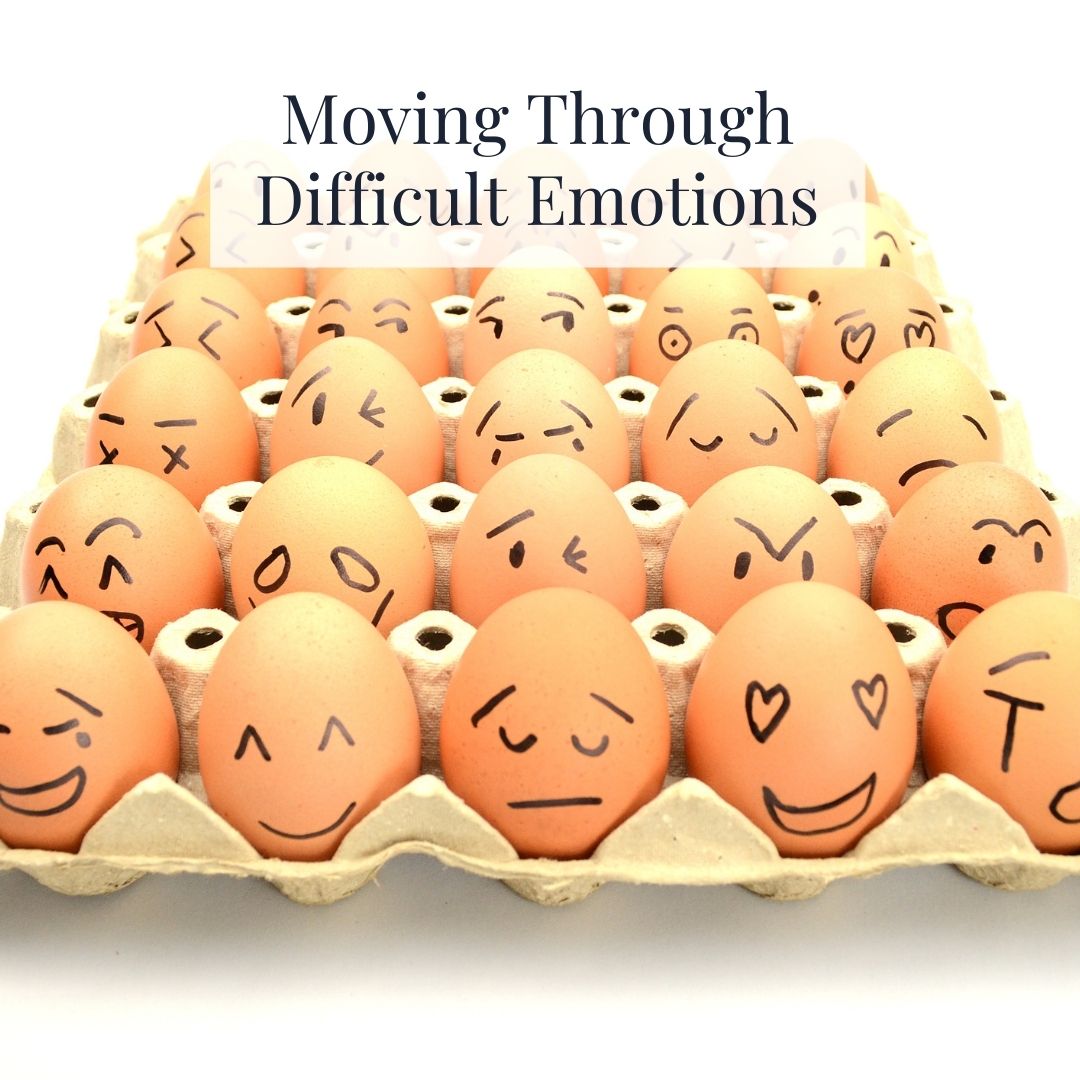 Growing up, we often get the message that it’s not okay to experience “negative” emotions. Sometimes the message is harsh and clear through words like “don’t cry like a baby” or “grow up”. But sometimes it is more subtle. Well-meaning people say things like “Don’t cry honey, you’re okay”. While other times they simply distract children from their difficult emotions.
Growing up, we often get the message that it’s not okay to experience “negative” emotions. Sometimes the message is harsh and clear through words like “don’t cry like a baby” or “grow up”. But sometimes it is more subtle. Well-meaning people say things like “Don’t cry honey, you’re okay”. While other times they simply distract children from their difficult emotions.
All these methods, whether well-intentioned or not, can lead to us avoiding negative emotions. But these emotions don’t simply go away when we ignore them. It is important to learn how to embrace and work through difficult emotions in a healthy way.
Let’s look at what that means so that we can live an authentic full life.
Importance of Embracing Difficult Emotions
According to researcher and author Brene Brown, “We cannot selectively numb emotions, when we numb the painful emotions, we also numb the positive emotions.”
In other words, if we want to feel love, joy, peace, and fulfilment, we must also have the capacity to feel loneliness, sadness, anxiety, and emptiness. We cannot fully feel the “positive” emotions without making room for the “difficult” ones.
Messages Our Emotions Give Us
All our emotions are valuable and provide insightful information if we learn to listen to them. If we pay attention to how we feel when we are with different people in our lives, we can learn a lot about those relationships.
For example, if we feel great love towards someone, we can recognize that the relationship is important to us. But difficult emotions can indicate that as well. Let’s imagine that you are hurt because a friend didn’t follow through on a promise. This difficult emotion may show you that you generally trust and value this friendship, so when they let you down it is especially painful.
Another emotion that gives us valuable information is our anger. Often our anger tells us that someone has crossed our boundaries. When we take a moment to recognize our anger and ask what boundary has been crossed, we are more likely to be able to handle the situation constructively.
Working Through Difficult Emotions
Once we realize how valuable our emotions are, it is important to learn how to work through the difficult ones. Here are some steps to handling these important, but difficult emotions.
- First, allow yourself to truly feel your emotions. We often try to resist difficult emotions, but this causes more suffering. Embrace each emotion, welcoming the message that it brings to you.
- Name your emotions and be with them. Don’t try to rush through uncomfortable feelings. Often they will sweep over you like a wave and then pass.
- Notice where you feel it in your body. Does your heart feel heavy? Is your jaw clenched?
- If you get stuck in an emotion, doing something constructive, creative, and engaging can be helpful - things like art, reading, cooking, yard work, movement, meditation, mindfulness, or conscious breathing.
- Talking with an empathetic person who is willing to be with you in your difficult emotions is also a very helpful tool.
- At times you may not be able to engage in these strategies. You may be at work, with the kids, or you may simply not have the resources available to deal with your emotions right away. In these situations, you may choose to use a distraction technique until you have the time, resources, and energy to come back to the emotion and process it.
Preventative Emotional Care
Your emotional capacity increases when you are taking care of yourself both physically and mentally, so regular self-care is extremely important.
According to life coach Courtney Harris, “What we do in or to our physical body, impacts our emotional state. So, if you regularly practice self-care or stay dedicated to certain ways of eating or moving your body in ways that feel supportive, you are simultaneously loving (your) emotional body.”
It isn’t selfish to take care of yourself, it is necessary. Anything life-giving will help grow your capacity to handle difficult emotions. And things that promote a healthy body will be especially valuable.
If you try these techniques and find you are overwhelmed with difficult emotions or often get stuck in them, you may want to consider working with a therapist. If you are local, I would be glad to give you the names of some great therapists in the area.
Dr. Jamie
P.S. It can be tricky to help your children move through their difficult emotions as well. For more information on how to do this, check out this great article from Cedar Tree Counseling.
